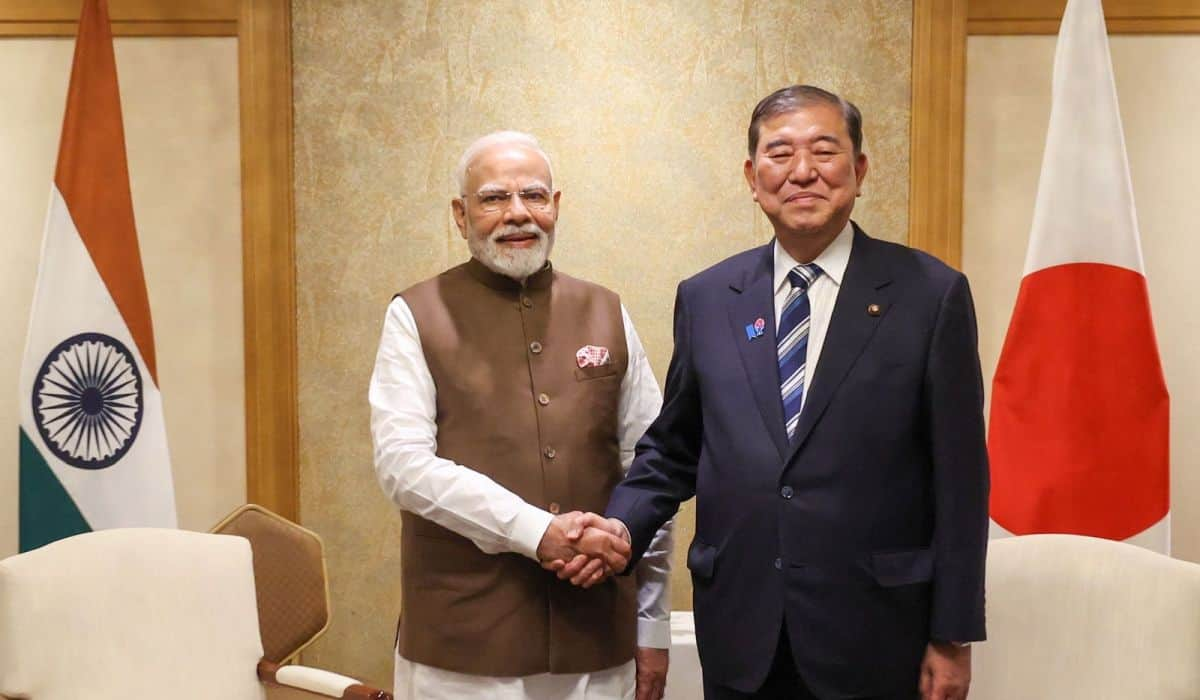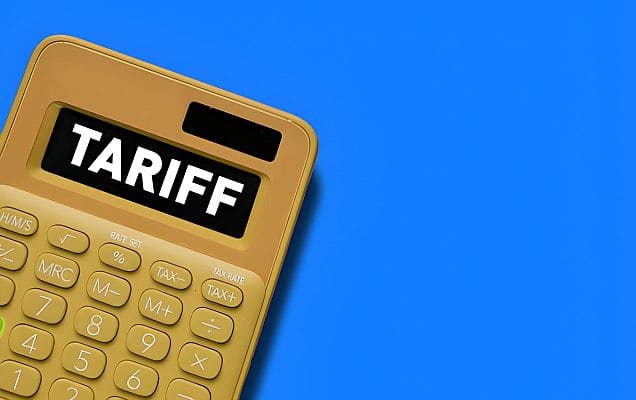Highlights of Shri Narendra Modi’s interview to Zee News:
How far is the PM's post?
“When the Lok Sabha election schedule was announced, our Congress friends started saying that there will be a “hung Parliament”. Later, as the election has neared, they said that they will support the Third Front government, which in a sense, has underlined the fact that the Congress has accepted its defeat and have come to realise that the foundation for a new government has been laid.
Is this a fight between Modi and the three Gandhis?
“No, this fight is Modi versus all because during the last 10 years, allies of Congress looted the government exchequer and benefited from all schemes. Now, they have all joined hands and their sole strategy is to ensure my defeat. But my strategy is of providing good governance and development.
What are the changes between pre- and post-Modi Varanasi?
No, no... that is the story of news traders, who are always in search of a new angle and twist to the story. On September 13, I was declared as BJP’s prime ministerial candidate and after that my first public speech was on the 15th, where I was supposed to address retired army officials.....since then nobody can say or see that there is a change in body language or any change in my words or speech.
What do you have to say about the Opposition's sharpening attack? As elections are progressing in various phases, realisation has dawned on the Congress that its boat is sinking. It doesn't have any strategy to save themselves. Simultaneously, they don’t want all other political parties to set an agenda for the election. That’s why they are resorting to personal and acerbic attacks.
Achche din aane wale hain?
During the Pravasi Bhartiya Sammelan on 8-9 January, while inaugurating the function, the PM said that good days will certainly come despite the global gloomy economic scenario. On the following day, I was supposed to address the meeting and I said that since the PM has already announced that “achche din aane wale hain,” then what should I add? The entire hall burst out into a laughter, people understood what I meant. I showed this to the people in my state. In 2001, a massive earthquake had ruined Gujarat but within a short span of time, we brought the state back on the development track.
On dreams and reality
On 16th May, no sooner the election result is announced, a new awareness will be visible across the country. The 125 million population of the country will have new energy, a new sense of responsibility. I have not made any promise. I never said that my government will send a Rolls Royce to people's doors. I have promised minimum things — we will ensure potable water, will ensure sanitation for our sisters and mothers, and I think that that can be achieved.
Why are you calling for a Congress-mukt Bharat?
If you accumulate all the bad elements, then it is called Congress. Corruption is because of Congress, bad governance is because of Congress, fear is because of Congress, so it is natural to get rid of the Congress. In fact immediately after our country got independence, Gandhiji requested leaders at the time to disband the party. But neither the Congress leaders obliged nor the people at that time were in the mood for it. But the time is now ripe. We will fulfill the wishes of Mahatma Gandhi.
Can you comment on your OBC status?
I am against caste-based and communal politics. But since you have asked, I must say that I had to reveal my caste in 1995 when there was a political one-upmanship war going on within the BJP. Shankar Singh Vaghela was a rebel BJP leader and some Bihari journalists were projecting him as a backward class leader. I corrected them and said that Vaghela is a Kshatriya leader and I belong to the most backward caste. The Bihari journalists were very surprised and asked how a fair-skinned Modi can be a backward leader.
Much has been said about your style of dressing...
It is not that dressing makes one an impressive personality. Had that been the case, then artists would have been very inspiring people. These days, the younger generation is brilliant, and the media has become irrelevant because this generation collects facts on Google Guru and makes up its own mind, and accordingly, they support a political party.
Jairam Ramesh had once said that even if Rahul Gandhi is defeated, he will have ample time to resurrect but if Modi misses the bus, then it will be disastrous for the party and Modi himself. Comment.
I had the humble beginning as a chaiwala. I have not come here to become something, but people like Jairam Ramesh are bound to praise Rahul Gandhi.
What about the politics over chaiwala?
The day I addressed a rally in Delhi and said that I had the humble beginnings of being a tea-seller at a railway station, then Congress leaders, including Mani Shankar Aiyar, started taunting me. But then, people came out in hordes and started making chaiwala a campaign. My mother used to clean utensils in the neighbourhood, she instilled in me great sanskaar.
Do family and corruption go hand-in-hand?
My statement has been taken in a different context. I know a lot of people who have a bigger family, yet they remain totally honest. Family can't be held guilty for one’s corruption. There are good people even in the Congress and their good virtues should be adopted. My mother still lives in a 8X8 room and wears chappals (slippers) worth Rs 6 only.
What do you have to say on India's foreign policy?
I am not in the government. I don’t have access to privileged documents. So, based on speculation, I cannot have any say on foreign policy. If the country is strong, if the government is strong, then nobody can dare to stare at us. Also, our elections are fought on issues of employment, poverty and development and not on foreign policy.
How will you bring changes?
My sole strategy will be good governance and development. That will create ample opportunity for jobs and thus changes will come forth- in infrastructure, in manufacturing, in skills, in agriculture. There are a lot of opportunities that need to be exploited.
Can you comment on your security?
Modi never thinks about the security of Modi. There was a serial blast during my Patna rally, and I returned alive. God takes care of my safety. My main concern is about providing security to the common people.
The PM has said that there is no Modi wave.
Did the PM ever see corruption? Did the PM ever see inflation? No, so how could he have seen the wave?
What is your strategy for development?
When in 2001, we came to power, people used to say that at least give us electricity during our dinner time. In a short span of one year, we ensured 24/7 power supply 365 days a year. Everything is possible with good intentions. You know power stations which could produce 20,000 MW of power have been closed because there isn’t any coal. Files pertaining to coal are missing, and the minister who was in-charge of this department was promoted and was sent to the home ministry. With such intentions, you cannot ensure development. You cannot draw development plans in an air-conditioned room. In Gujarat, every district has a different plan. You cannot have one similar plan for coastal areas, the plateau or other regions.
Hate messages thrive on twitter and SMSes.
To those who are spreading hate messages against me, I simply ask them to come to Gujarat and see how happily minorities are living in my state.
Have you ever been gripped by emotions?
I am not a robot. I am a common man. I do have a lot of shortcomings and bad traits, but I have good friends. I try to emulate them, and based on goodness, I try to enjoy my life. I will request the younger generation to come out and vote. They will lay the foundation for a bright future.
Courtesy: DNA













